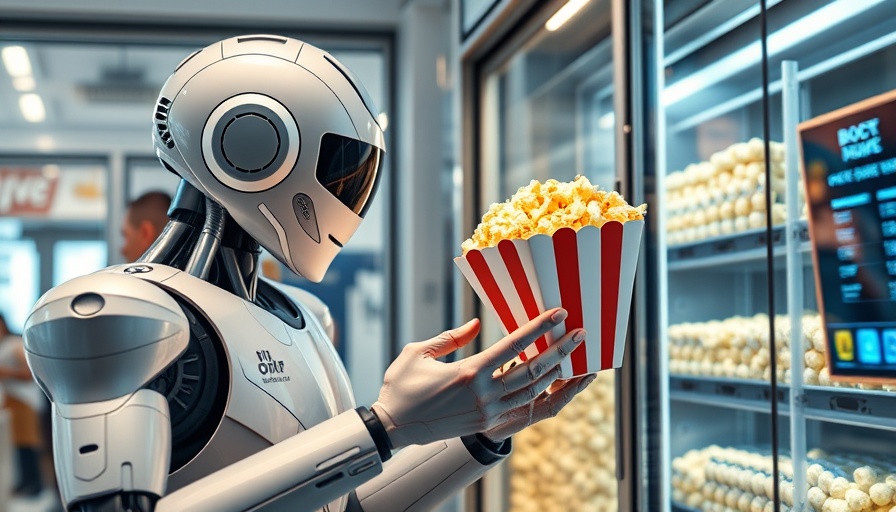
AI Career Coaching: Bridging the Gap Between Technology and Human Touch
In today’s fast-paced professional world, many individuals are exploring innovative ways to navigate their careers. One of the latest trends is the use of artificial intelligence as a career coach. Recently, a journalist undertook the challenge of utilizing ChatGPT for one week to see how effectively it could assist with job-related queries. While the AI delivered some valuable insights, the experience highlighted significant gaps in emotional and personalized support.
The Basics: How ChatGPT Approaches Career Coaching
The experiment started with foundational tasks such as editing résumés and cover letters, areas where AI often shines due to its analytical capabilities. Initially, ChatGPT provided suggestions for improving the clarity and structure of documents, enhancing them for a more professional appeal. However, the advice soon fell short of the user’s expectations.
For instance, while it pointed out punctuation inconsistencies, it failed to specify what those issues were. The changes recommended for cover letters often dulled the personal voice that human writers strive to maintain. This raises important questions about how an AI interprets individuality and whether it is truly equipped to reflect unique professional identities.
Networking: AI as Supportive Yet Limited
Networking is a critical aspect of career development, and the journalist sought advice on this front as well. ChatGPT did lend a helping hand with drafting targeted email correspondence. However, the more nuanced aspects of building professional relationships were largely absent. A human coach's ability to understand emotional undertones and provide personalized strategies remains unparalleled.
When AI Fails: Hallucinations and Misinterpretations
One of the most striking failures of ChatGPT came when the journalist fed it a link to their LinkedIn profile. The AI made glaring errors, including incorrect employment history and misinterpretations of job titles. These inaccuracies not only demonstrate AI's limitations in handling intricate human data but also indicate a crucial flaw: AI often lacks the contextual awareness that is vital for customization.
As career expert Kyle Elliott pointed out, “ChatGPT isn’t going to know what you don’t share with it. You’re going to sound generic.” This generic output can be detrimental in competitive job markets where differentiation is key.
Emotional Intelligence: The Missing Ingredient
While ChatGPT performed adequately in certain technical aspects, it struggled significantly with emotional intelligence. When the journalist faced job-related stress and needed empathetic guidance, the AI's responses fell flat. The limitations became apparent, illustrating that while AI can process information, it cannot replace the compassionate understanding of a human being who can offer relatable advice during turbulent times.
The Future of Career Coaching: Human Plus AI
The experiment underlines a critical insight for future career development: AI and human coaches might be best when used in tandem. As AI continues to evolve, integrating it into the early stages of resume building or networking might streamline those processes. However, direct human interaction is essential for emotional resilience and more profound guidance.
Takeaways: What to Consider When Using AI for Career Advice
- Emotional Support: Recognize when you need a human's touch that AI simply can't provide.
- Accuracy Matters: Be wary of AI-generated advice, especially regarding job titles and personalized content.
- Customization is Key: Tailor your interactions to provide context for better AI outputs.
As the landscape of career coaching evolves, understanding these elements is vital for job seekers looking to maximize their potential with the resources available today.
For those exploring innovative career resources, consider the balance of technology and human connection. While AI offers fascinating capabilities, nothing currently compares to personal mentorship.
 Add Row
Add Row  Add
Add 




Write A Comment